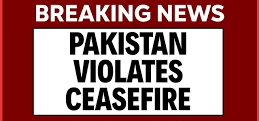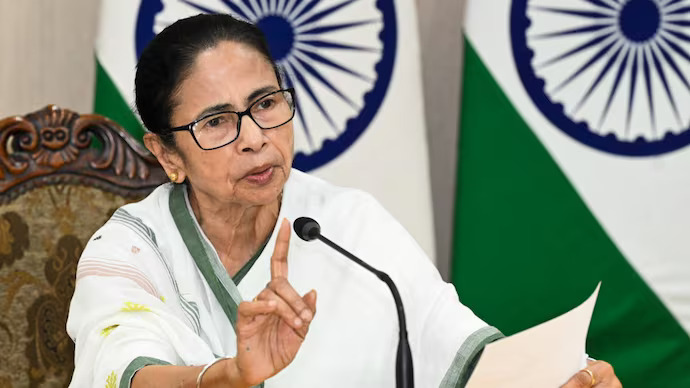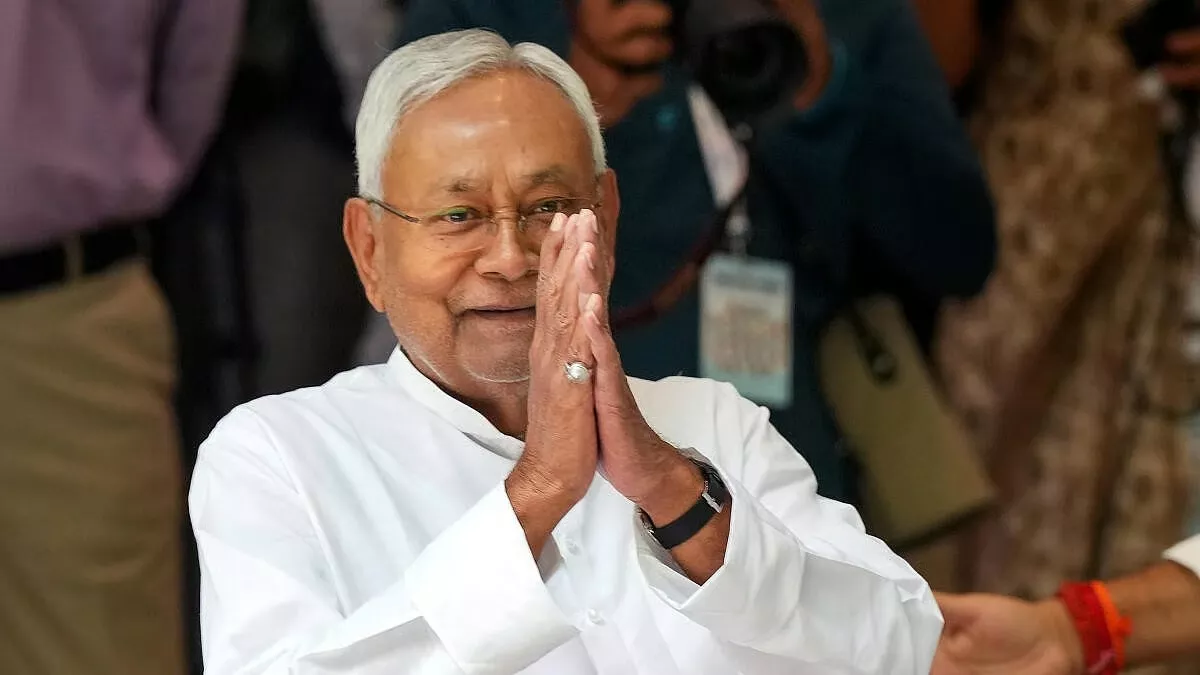Introduction
India’s decision to enter into a ceasefire agreement with Pakistan has come under fire from strategic affairs expert Brahma Chellaney. Labeling the move as a case of “snatching defeat from the jaws of victory,” Chellaney believes the agreement undermines India’s strategic edge at a crucial time. His remarks have sparked fresh debate about India’s Pakistan policy, national security priorities, and the timing of this diplomatic gesture.
Strategic Blow or Diplomatic Gesture?
In a strongly worded statement, Brahma Chellaney argued that the ceasefire, instead of being a strategic win, amounted to an unnecessary compromise at a time when India held a tactical advantage. According to him, the Indian military had managed to create pressure along the Line of Control (LoC), which was visibly affecting Pakistan.
By entering a ceasefire agreement in February 2021, New Delhi may have let go of a rare upper hand. Chellaney noted that this was not just about silencing guns, but about halting momentum India had built up after years of consistent border management and surgical responses to cross-border terrorism.
From his perspective, this ceasefire was more than a diplomatic misstep—it represented a loss of deterrence and leverage. The decision, he believes, did not yield any concrete gains and only allowed Pakistan to recover from a position of weakness.

Ceasefire: Context and Consequences
The joint statement between India and Pakistan to “strictly observe” the 2003 ceasefire agreement came as a surprise to many in the strategic community. Coming after years of cross-border shelling and escalated tensions following the Pulwama attack and Balakot airstrikes, the agreement marked a sudden softening of tone. But critics argue it lacked reciprocity or accountability mechanisms.
Chellaney emphasized that while India was seen making a conciliatory move, there was no visible shift in Pakistan’s core policy of supporting cross-border terror. He raised concerns over the absence of conditions or commitments from Pakistan in exchange for India’s gesture.
Moreover, the ceasefire announcement came without prior public discourse or legislative debate, leading to questions about its strategic rationale. Critics like Chellaney point to a pattern where India de-escalates without gaining substantive political or security concessions in return.

Timing and Tactical Implications
Another key criticism revolves around the timing of the ceasefire. At the time, Pakistan’s internal challenges were mounting—economic instability, political unrest, and increasing international pressure over terror financing. Some believe that the ceasefire may have inadvertently relieved that pressure.
Chellaney called the move a classic example of poor strategic timing, arguing that India had nothing to gain and everything to lose. While reduced firing may bring temporary relief to border civilians, it does little to address the root cause of tensions: terrorism and Pakistan’s military doctrine of proxy war.
Analysts also point out that ceasefire violations resumed within months of the agreement, raising questions about its effectiveness. The ceasefire appeared more like a tactical pause than a step toward lasting peace.
Conclusion
Brahma Chellaney’s remarks offer a sobering perspective on India’s ceasefire agreement with Pakistan. His sharp critique—that India snatched defeat from the jaws of victory—highlights a broader concern about the country’s strategic consistency and diplomatic messaging.
While peace is a noble goal, experts argue it must be rooted in clear terms and mutual accountability. Otherwise, temporary ceasefires risk becoming missed opportunities rather than milestones in conflict resolution.
As the debate continues, Chellaney’s words serve as a reminder that in geopolitics, timing, leverage, and strategic clarity are everything.










